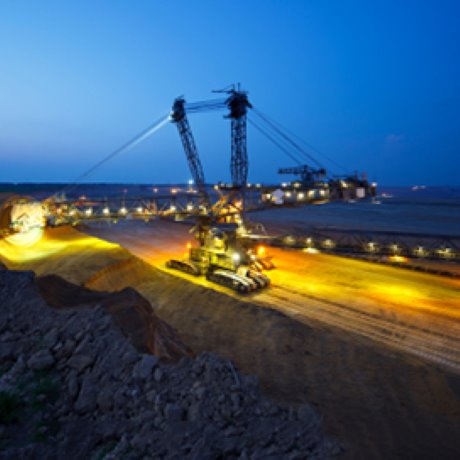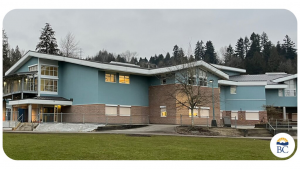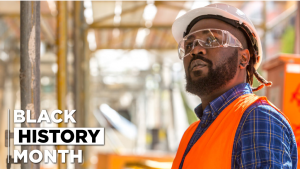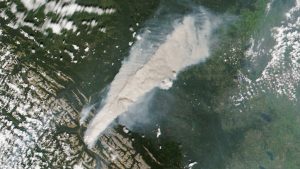Three Environmental Assessment Certificates have been issued for three liquefied natural gas (LNG) projects in northern B.C. – the Westcoast Connector Gas Transmission pipeline, the Pacific NorthWest LNG export facility in Prince Rupert and the Prince Rupert Gas Transmission pipeline.
The decisions were made after reviews led by British Columbia’s Environmental Assessment Office.
There are conditions included in each of the Environmental Assessment Certificates and design restrictions are specified in the Certified Project Descriptions.
The conditions and the Certified Project Descriptions are legally-binding requirements that the companies must meet to be in compliance with their certificates.
According to the government, to prevent or minimize adverse effects from the projects, each company proposed a number of significant route or design changes during the environmental assessment.
These are based on feedback received during the process.
Each project still requires various federal, provincial and local government permits to proceed.
The Pacific NorthWest LNG export facility is also the subject of a federal environmental assessment.
The majority of provincial permits are provided through the B.C. Oil & Gas Commission, the primary operational regulator of oil and gas activities in the province.
The Environmental Assessment Office will co-ordinate compliance management efforts with other government agencies to ensure that the office is satisfied that certificate conditions are met.
The Westcoast Connector Gas Transmission pipeline involves the construction and operation of up to two 860-kilometre natural gas pipelines from the Cypress Area in northeast B.C. (100 kilometres northwest of Fort St. John) to a new LNG terminal being proposed at Ridley Island near Prince Rupert.
The estimated capital cost is $7.5 billion.
Construction is estimated to generate 13,400 person-years of direct employment in B.C.
During the 50 years of operations, 120 full-time jobs would be created.
The Pacific NorthWest LNG export facility involves the construction and operation of an LNG export facility located on Lelu Island and adjacent water lots in the Port of Prince Rupert.
The estimated capital cost is $11.4 billion.
Construction is expected to generate 8,000 person-years of direct employment in B.C.
During the 30 years of operation, 650 full-time jobs would be created.
The Prince Rupert Gas Transmission pipeline involves the construction and operation of a 900-kilometre natural gas pipeline from near the District of Hudson’s Hope in northeastern B.C. to the Pacific NorthWest LNG export facility.
The estimated capital cost is $5 billion.
Construction is predicted to generate 8,250 person-years of direct employment in B.C.
During the 40 years of operations, 23 full-time jobs would be created.
British Columbia’s environmental assessment process involves a review that provides opportunities for Aboriginal groups, government agencies and the public to give input on the potential for environmental, economic, social, heritage and health effects from a proposed project.










Recent Comments
comments for this post are closed